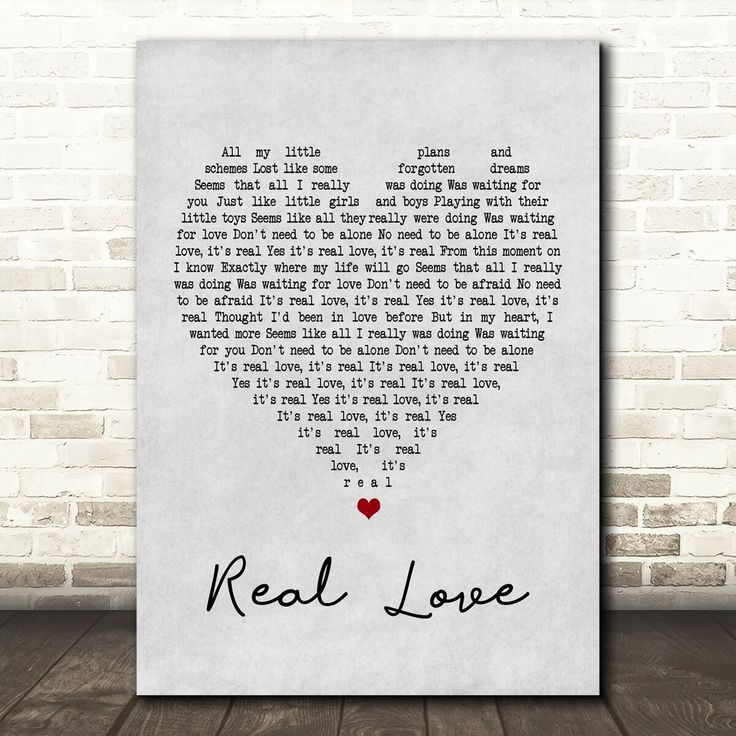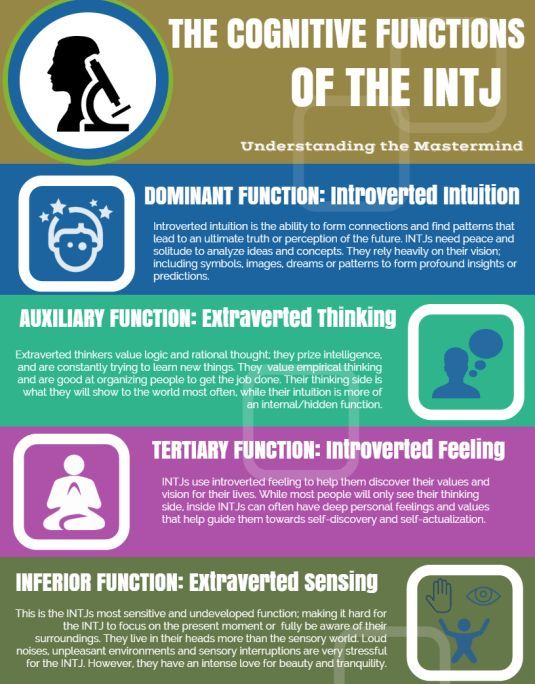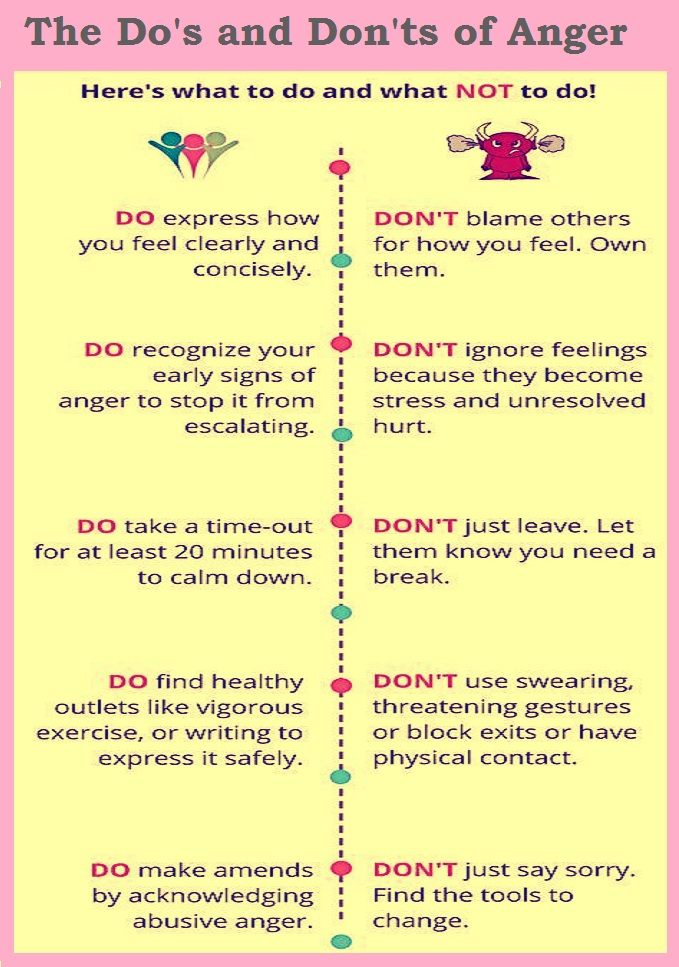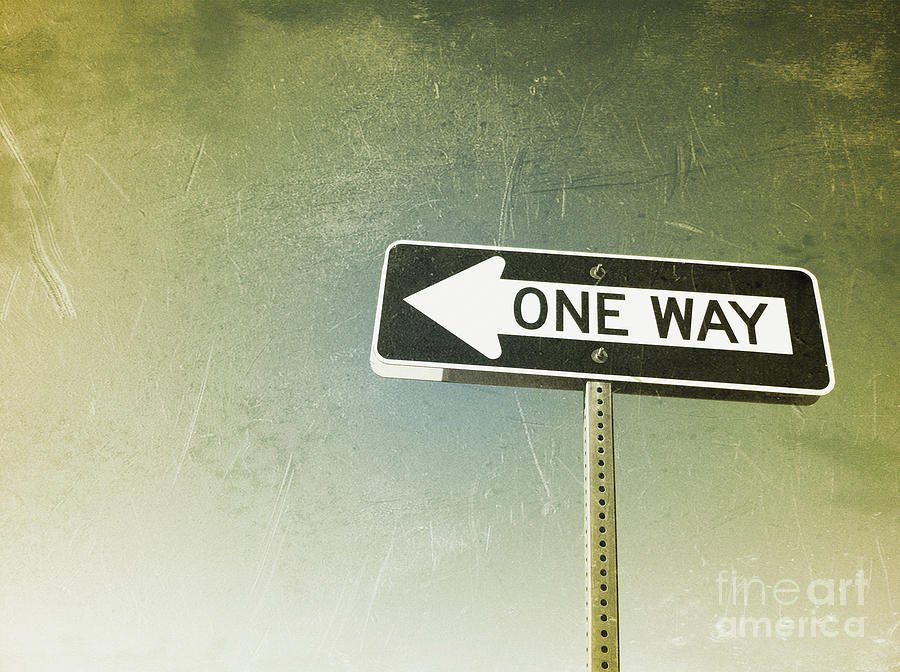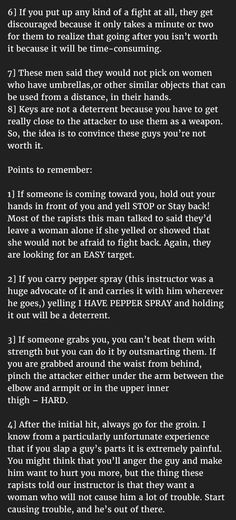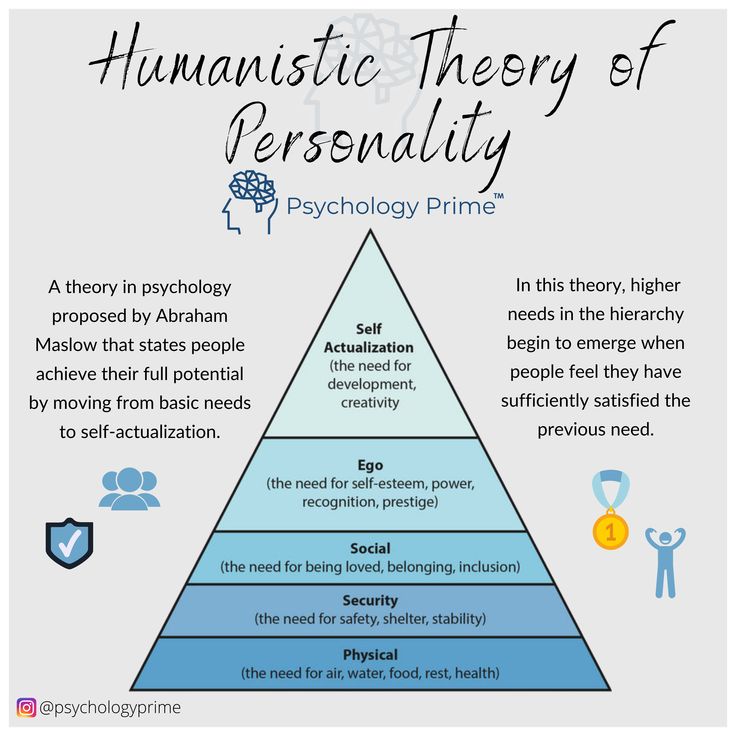Am i vulnerable
The Power of Being Yourself
Jump to section
What is vulnerability
4 types of vulnerability
5 benefits of vulnerability
Are you unable to make yourself vulnerable?
3 misconceptions about vulnerability
3 ways to be more vulnerable
What if you could harness the power of vulnerability to ask for what you need or express your emotions without fear of rejection?
Small actions — like sharing your feelings or celebrating your own achievements — may seem more daunting than it appears because of emotional vulnerability.
Sometimes, vulnerability can manifest itself in your body’s physical reactions. You may feel your muscles tense or that pit drop in your stomach. You may feel your breathe quicken when you openly share your thoughts, emotions, and needs. You may feel your nervous system freeze, you may feel like you’re unable to speak. You retreat. And in some instances, it may feel like you’re losing a part of yourself.
Being vulnerable is scary. After all, it has the power to change your life.
To unpack vulnerability, you have to step into uncertainty and examine how it shows up in your relationships. Examining human vulnerability means you’re intentionally scanning how it shows up in your body or how it impacts your day-to-day actions. While your gut instinct may be to avoid it at all costs, it’s possible to build a quality, life-changing relationship with vulnerability. In the end, it could transform fear into belonging.
What is vulnerability?
I’d be remiss to talk about the definition of vulnerability without citing the work of Dr. Brené Brown, an author and research professor at the University of Houston. Brown has spent the past two decades studying courage, vulnerability, shame, and empathy.
In her book, Daring Greatly, she defines vulnerability as “uncertainty, risk, and emotional exposure.” Through her research she discovered two powerful yet opposing takeaways that she shares both in her book and in her TED talk on shame and vulnerability.
1. Vulnerability is at the core of shame, fear, and the struggle for worthiness.
2. Vulnerability is the birthplace of joy, creativity, and belonging.
To find joy, creativity, and belonging, Brené Brown argues that we must face what it means to be vulnerable: shame, fear, and the struggle for worthiness.
4 types of vulnerability
We live in a changed society from the world we knew before the pandemic. We live in a world that’s left all of us with some element of exposed vulnerability simply because of what we’ve collectively experienced. Whether it’s grief, loss, the impacts of a rapidly changing world of work, increased caregiving demands, or rising rates of burnout, the aftermath of the pandemic has arguably had an impact on everyone in our society.
Without warning, COVID-19 changed how we live and work, how we make decisions, and even how we nurture and grow relationships. Not unlike what experience with cybersecurity and security vulnerability, we might feel our entire life is exposed.
But when we examine the definition of vulnerability under a microscope, we can make an assessment. Take a minute to identify what actions you can take to strengthen your mental fitness in the context of human vulnerability.
1. Vulnerability in your relationships.
As human beings, we all have wants and needs when it comes to relationships. But you may be fearful of expressing those emotions openly and risking certain social factors like rejection, abandonment, or judgment.
Try this. A vulnerable and effective way to ask for what you want is to use open-ended questions. As you practice asking for what you want, there’s a strong chance you’ll discover that it’s worth the risk.
2. Being vulnerable in your mind and body.
Sometimes, recognizing where genuine vulnerability shows up in your mind and body requires your full, undivided attention on yourself, both mentally and physically. When was the last time you checked in with yourself?
Try this. Ask yourself questions when you notice you’re feeling vulnerable.
How did you sleep last night? When was the last time you ate? When did you last drink water? How did that interaction with a colleague impact you? How are you feeling about your work? How are you feeling emotionally right now? As you become more aware of your thoughts and your physical self, you have the opportunity to gain a sense of well-being.
3. Vulnerability in the workplace.
How you do what you do often leaves you feeling vulnerable. Whether you’re comparing yourself to another colleague, doubting your efforts on a project, or struggling with imposter syndrome, examples of vulnerability in organizations are everywhere. As organizational psychologist Adam Grant suggests, “uncertainty primes us to ask questions and absorb new ideas.”
Try this. Consider reflecting at the end of your work day. Remind yourself that self-doubt is okay — it actually might ground you. Remind yourself there’s more to learn. Remind yourself that you have the power to accept who you are. You might even want to practice affirmation statements, like "I am strong. I am smart. I am capable." You can try using new words or language in your affirmation statements. Before long, these affirmations might become part of your new operating system and become a built habit.
You might even want to practice affirmation statements, like "I am strong. I am smart. I am capable." You can try using new words or language in your affirmation statements. Before long, these affirmations might become part of your new operating system and become a built habit.
4. Being vulnerable in your community
The impact of COVID-19 is present in so many ways in our society. You may feel overwhelmed by the number of decisions you need to make to stay safe in your own community coupled with things like social anxiety.
Try this. You have the power to vocalize boundaries. Make decisions that are best for you and your family, and remove yourself from a situation if you don’t feel safe. You have the power to remove fear from your life by voicing and executing on your needs. Try to accept that the uncertainty around the unknown might be okay, even empowering. By vocalizing boundaries, you may even gain more visibility into your own priorities.
5 benefits of vulnerability
While exposing where you feel insecure can seem a bit like opening up the door to a human malware attack, vulnerability lends itself to more benefits than failure. If you’re deciding to move from the fear of vulnerability to unleashing its power to be your true self, you will reap the benefits.
If you’re deciding to move from the fear of vulnerability to unleashing its power to be your true self, you will reap the benefits.
1. Vulnerability strengthens relationships
Have you noticed why some of your relationships are stronger than others? Many of the strongest relationships come from embracing genuine vulnerability, whether it’s showing empathy, sharing information with someone you trust, or simply expressing needs and wants openly without judgment.
2. Vulnerability can help us grow and learn
Buddhist author Pema Chodron, who wrote Living with Vulnerability, shares that vulnerability is part of the human experience. She notes that vulnerability is “the category of things that, if we move toward them, have so much to teach us. Having a relationship with vulnerability, with things falling apart, is a life changer.” Instead of being a problem, vulnerability can be a solution.
3. Vulnerability expands gratitude
The word ‘gratitude’ resonates through Dr. Brené Brown’s work on vulnerability. In her work, Brené Brown focuses on people she describes as wholehearted. These are people who love with their whole hearts, without conditions. She finds as we fully embrace the meaning of vulnerability, we are filled with a growing sense of gratitude and joy.
Brené Brown’s work on vulnerability. In her work, Brené Brown focuses on people she describes as wholehearted. These are people who love with their whole hearts, without conditions. She finds as we fully embrace the meaning of vulnerability, we are filled with a growing sense of gratitude and joy.
4. Being vulnerable improves self-awareness
When you work to let go of your assumptions and biases, you begin the process of accepting uncertainty, risk, and emotional exposure. That moment when you admit you don’t know everything opens up a path for you to continue to explore, grow, and learn.
5. Vulnerability affirms you are enough
Brené Brown is clear: “to connect, we have to allow ourselves to be seen.” When we choose to be vulnerable, we recognize that we are enough. It’s what we bring to the table, how we demonstrate kindness, and how we interact with people in our lives. We begin to understand that what we offer is exactly what is needed at this moment.
Are you unable to make yourself vulnerable?
Even when you decide you want to embrace more uncertainty, risk, or exposure in your life, there are certain triggers that may halt this process.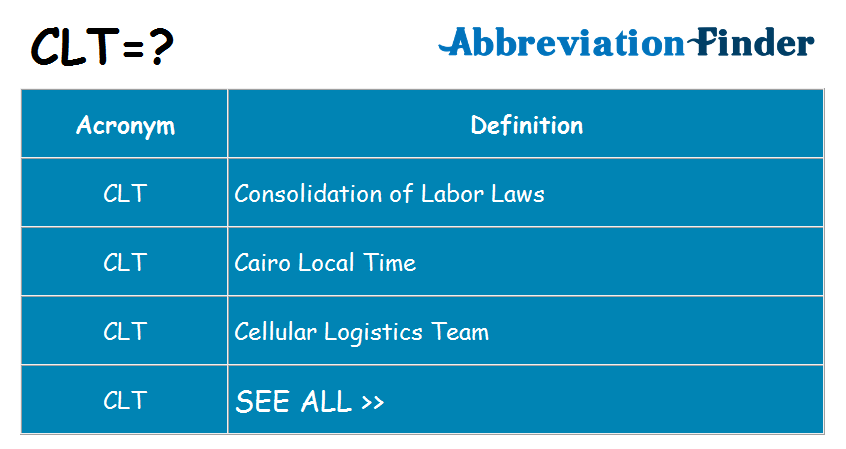 And the result? Misery.
And the result? Misery.
You’ll find yourself avoiding vulnerability when:
1. You want to be perfect
Perfectionism can be your own worst enemy. The last thing you want is to say or do something that might be misconstrued, so you say nothing. If you don’t have it all figured out, you’ll sit this one out.
2. You don’t ask for what you need
There are different examples that come to mind, whether it's within your organization or in your personal life. You know that you deserve that promotion. You want more intimacy in your relationship. But what if you don’t get what you ask for? You’re silent.
3. You keep people at arm’s length
You’ve been hurt before, so you are not going to dive in and get hurt again. You stay busy at work, or home, or school — anything to keep you safe.
4. You don’t share — frustrations or success
You believe if you express frustration you’ll be labeled petty. If you share a success you’re arrogant. So, no matter what happens, you keep it to yourself.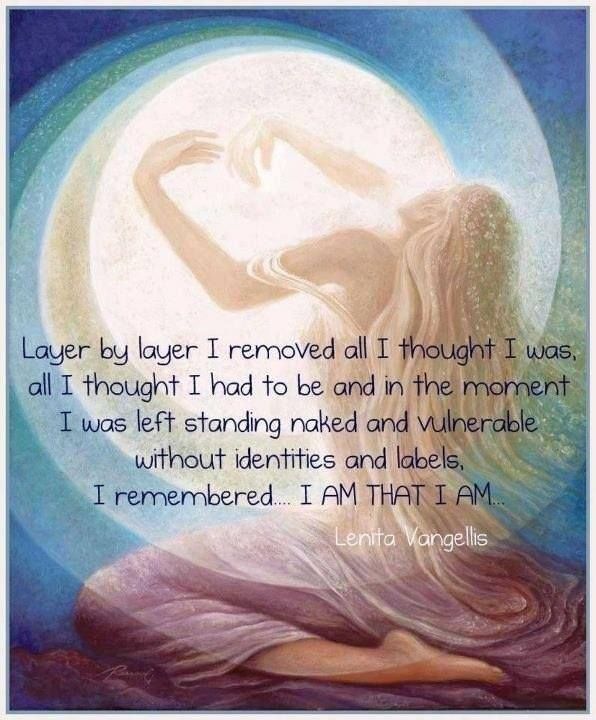
3 misconceptions about vulnerability
There might be a number of reasons why you may avoid vulnerability. In Daring Greatly, author Brené Brown Brown breaks down three misconceptions that play a role in that avoidance.
1. Being vulnerable is a sign of weakness
Because it’s so easy to attach human vulnerability to shame or fear, you may forget about the benefits, like of belonging, courage, and joy. What would happen if you looked at the full picture and took the journey from fear to courage? That’s where you’ll find strength.
2. I don’t share my dirty laundry
You believe that to be vulnerable, you have to share everything with everyone. On the contrary, it’s critical to know and feel safe when you do choose to open up. The purpose of your vulnerability is to deepen relationships by sharing emotions in thoughtful and intentional ways.
3. I’m a lone wolf
When you think you’re the only one who can solve your problems, you often end up isolated and alone.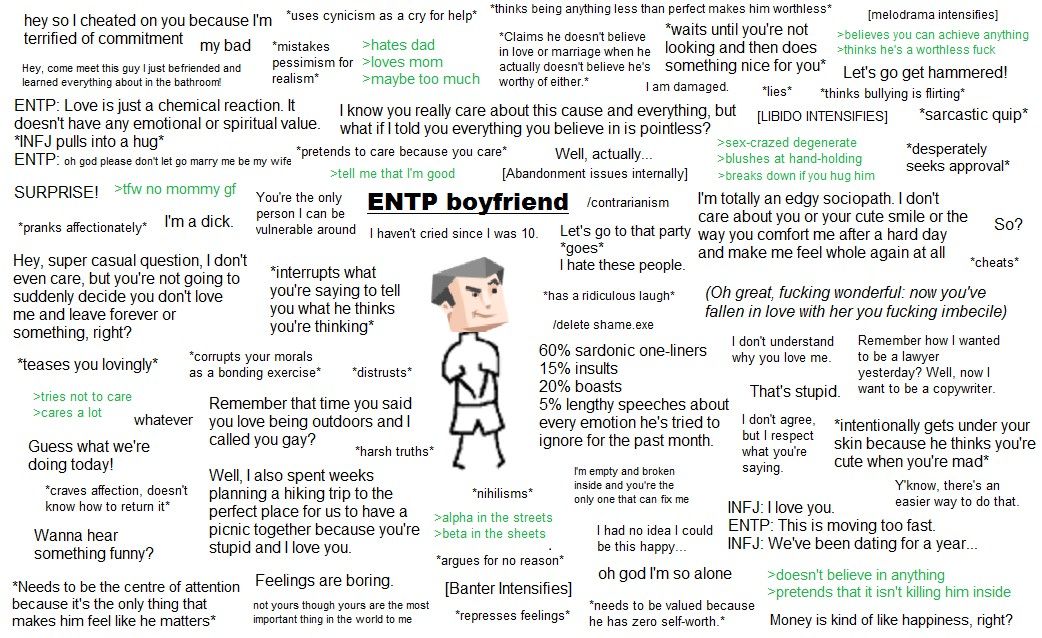 Asking for help actually changes how the people in your life will respond to you — most often, the people in your life will support and empower you.
Asking for help actually changes how the people in your life will respond to you — most often, the people in your life will support and empower you.
3 ways to be more vulnerable
So how might you accept vulnerability as part of your life while knowing it takes embracing the scary parts to unleash your whole self?
1. Acknowledge your emotions
When an emotion courses through, observe it without judgment. Are you sad or angry or ecstatic? Allow yourself to feel what you’re feeling. Then decide how you’re going to express, share, or address the emotion. As you agree to take the risk to be vulnerable, you begin to experience what’s on the other side: courage and joy.
2. Live with integrity
What do you value most in your life? When you live out the values that mean the most to you — like courage, forgiveness, growth or kindness — your whole self aligns. As you lean into your values, you’ll be able to embrace vulnerability and expand your sense of belonging.
3. Practice
Are you ready to step into this space of uncertainty, risk, and exposure? Like almost everything in life, it starts with practice. Let’s say you’re taking on more responsibility at work and deserve a promotion or additional resources. Leap in and make the pitch to your manager. Perhaps you feel hurt by others but have kept your feelings bottled up inside. Try sharing your emotions openly and see what opens. With practice, your confidence and security grows.
Take the plunge
Vulnerability is a life changer.
Harnessing the power of vulnerability allows you to say what you want, ask for what you need, express your emotions, and celebrate your achievements. Every time you do, you give yourself permission to do it again. Every time you do, you expand that sense of confidence, security, belonging, joy, and growth. With each practice of vulnerability, you’re becoming your true and whole self. Soon, you'll see vulnerability as a strength, not a weakness.
You have the power to change your life, one step at a time.
What Does Feeling Vulnerable Mean? (Perhaps Not What You Think)
By: Internet Archive Book Images
by Andrea M. Darcy
Have you always secretly believed that being emotionally vulnerable is a terrible idea?
For those of us who experienced childhood trauma (and sadly, that’s many of us), avoiding emotional vulnerability might have been a useful survival tactic. We just couldn’t bear to feel any more emotional pain, so we learned to dodge it.
But are those same ideas of vulnerability still serving you as an adult? Or is it time to re-assess your ideas around being emotionally vulnerable?
5 Myths about feeling vulnerable
See if you are telling yourself the following myths about feeling vulnerable.
1. I am vulnerable, I share about my life on Facebook.
Sharing and vulnerability are two separate things. Sharing means offering facts and opinions.
Vulnerability means being authentic about how you are feeling, and truthful about who you are and how things you have experienced have affected you.
Oversharing can be a way to avoid being vulnerable. Giving exact details about a breakup and turning it into a comedy, for example, can be a way to avoid showing how hurt you really are.
2. Being vulnerable makes you miserable and I want to feel happy.
By: spaztacular
Letting ourselves feel happy is often a way to feel more vulnerable, not less. For example, if we dare to love someone, we are vulnerable to the pain of being rejected.
So happy or sad, vulnerability happens. Avoiding it in an effort to feel good doesn’t work.
What is true here is that vulnerability without discernment can indeed lead to feeling miserable. Sharing your deepest self with someone you know is emotionally abusive or emotionally unavailable can veer into self-abuse over healthy vulnerability, or can be a sign of borderline personality disorder.
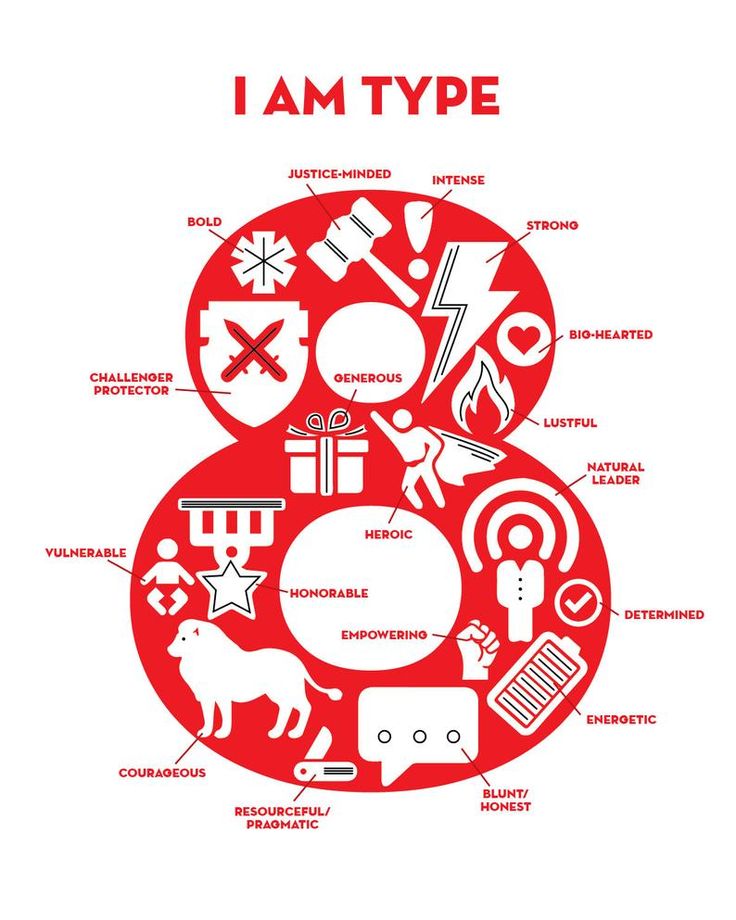
3. I don’t have time for all that emotional stuff.
There are all sorts of excuses we can come up with to avoid being emotionally vulnerable – we don’t have the time, it’s not safe, it’s for other people, but not us. But these excuses are a way of trying to avoid feelings we are scared of or ashamed about.
Researcher and author Brené Brown, perhaps the most famous commentator today on vulnerability, writes that “we associate vulnerability with emotions we want to avoid such as fear, shame, and uncertainty. Yet we too often lose sight of the fact that vulnerability is also the birthplace of joy, belonging, creativity, authenticity, and love.” And aren’t those worth making time for?
4. I need to be strong to survive, and vulnerability is weakness.
Being emotionally vulnerable undoubtedly has its risks. It means letting someone see who we really are, knowing that this means we risk being rejected or feeling abandoned.
It often means risking triggering old memories and unprocessed childhood pain, too.
By: r. nial bradshaw
But on the other hand, refusing to be vulnerable can be more of a tired pattern of pushing others away and hiding emotionally over real personal strength. The payoff can be loneliness, repressed anger, shame, inner rage, others not trusting us, and, eventually, depression.
Summary — while avoiding being vulnerable might see us ‘survive’, it definitely does not see us thrive.
5. I am just not made to feel vulnerable.
If you’ve shut off your emotions for long enough, you can convince yourself you are flawed and ‘made of stone’.
But we all feel vulnerable, unless we have narcissistic personality disorder or are a sociopath.
Feeling vulnerable would be part of the brain’s survival design, triggering the fight of flight response which once protected us from dangers like wild animals. And research shows that some of us are genetically more inclined to feel vulnerable than others, even.
And research shows that some of us are genetically more inclined to feel vulnerable than others, even.
So you are wired to feel vulnerable. Even if you repress it publicly and only let yourself feel it alone, late at night.
So what does feeling vulnerable mean then, really?
It means you are human. And it means you are being asked to make a decision. Is this really a time to protect yourself? Are you engaging with the wrong person to risk judgement from? Then steer clear.
Or, is this a time to be brave, and to step towards personal growth? To risk rejection and perhaps by doing so gaining a stronger sense of self, a feeling of being connected to others, and a sense of freedom to create the life that feels right for you, personally.
Would you like help in allowing yourself to be more emotionally vulnerable and connected to others? Harley Therapy connects you with experienced and friendly counsellors and therapists across the UK. Live elsewhere? Skype Therapy helps wherever you are.
Live elsewhere? Skype Therapy helps wherever you are.
Andrea M. Darcy is a health and wellbeing writer as well as mentor who often writes about trauma, relationships, and ADHD. Find her on Instgram @am_darcy
"Strength is in acknowledging that I am vulnerable." What is resilience and how it helps you live | | Charitable foundation for helping patients with osteogenesis imperfecta and other bone pathologies
Narrated by Natalia Chopra, coach, has been working with clients from more than 20 countries for the last 2.5 years
I watch a music teacher teach a little boy to play the violin. He stands, his legs should be strong and tense, and the rest of the body above the knees should be relaxed and soft. He learns to play the violin, imagining himself as a tree that sways in the wind. This is the perfect metaphor for understanding resilience today
“The strength is in admitting that I am vulnerable”
Today in society I see a substitution of concepts when it comes to understanding who a strong person is. It seems that this is someone who always manages on his own, who does not ask for help, who does not get hurt, or who quickly stops feeling mental pain.
It seems that this is someone who always manages on his own, who does not ask for help, who does not get hurt, or who quickly stops feeling mental pain.
In fact, a strong person is one who can recognize his needs, understand how he feels, find ways to take care of himself, recognize his limitations, ask for help. And it turns out that the strength of a person is to admit that he is vulnerable, and his resilience is to remind himself every time he is convinced of his vulnerability, when the world around him is irreversibly changing (and, as it seems to him, for the worse, because that he did not want to) - that this is just confirmation that "I am alive, which means I can recover."
In order to feel this resilience in yourself, there are several life hacks:
- It is important to note that life continues to take care of me . That is, despite life circumstances, a person is alive all these years. I have talked to people from all over the world in the most difficult situations in life, who had to make very difficult decisions.
 And everyone has a point from which one can notice - while I am alive, this is evidence that life takes care of me. When a person notices confirmation of this, as if there is more air and strength.
And everyone has a point from which one can notice - while I am alive, this is evidence that life takes care of me. When a person notices confirmation of this, as if there is more air and strength. - Faith that all bad things will pass, and life takes care of me, and that my strength is in my vulnerability, makes it possible to look into my future. The thought that there is something bigger than me - my life, and I can rely on it - helps our brain look for confirmation of what we believe.
- Feel curiosity about your future. After all, it is interesting what will happen next, but how life will turn out when one stage ends and another begins. Such a natural human longing for the future is a sign of resilience.
- Next, you can ask yourself the question: “What small step can I take today into the future.” You can allow yourself to just be and support yourself the way you are: powerless, guilty, difficult, uncomfortable, it is important not to scold yourself, but to support.
And it's worth finding one small way to take care of yourself right now. For example, drink hot water with lemon, look out the window, close your eyes for two seconds, feel your breath with your body, remember something joyful.
- Do not scold yourself. If suddenly there is no strength, then there is a high probability that a person scolds himself, does not accept himself in the current state: he wants to be brave, active, energetic, but feels depressed, weak, lonely. Try not to scold yourself for this, but look at yourself as you are - this also gives you more energy. And if I have a big list of things to do (from going to clean the kitchen to saving all of humanity), then I can say this simple phrase inside myself against all these “shoulds” and “shoulds” - “now I don’t owe anything.” This definitely makes it easier, and then after a few minutes, under this “shouldn’t do anything”, you notice: “oooh, I’ve already done three things.”
- Take care of your physical health.
What does my body want? More often, the first thing that leaves our lives during a period of stress is actions that were previously aimed at taking care of the body: we forget to eat and drink well, sleep, smile, and notice that life goes on around us. It can be unbearably difficult, but it is important to make an effort and the first step towards re-establishing contact with the body. Allowing yourself to return to simple actions to support your own physical health is very important, if it is difficult, then you can say to yourself: “I am not taking care of myself, but am filling myself with strength for the next breakthrough.”
- Take care of others. If it is not always possible to do something for oneself, then for the sake of loved ones there is often more motivation to keep calm and move on. That is, always the first point is to continue to take care of at least your physical body. And secondly, if there is no way to help yourself, then you should understand for whom or for whom I can do something.
- Laugh. With people in any, sometimes the most difficult conditions and situations, you can always reach the point where you can laugh. Inside the conversation, there often happens a moment when a person begins to laugh at himself, at a difficult situation, at the impossibility of what is happening. It saves a lot.
Vulnerability is the key to a happy relationship
This is a column by Mark Manson, author of the best-selling The Subtle Art of Not Giving a Fuck, Everything Fucks, and Man Rules. The original text can be read here , it is also included in Manson's latest book.
To get started, read the list below and note which statements apply to you:
- You constantly talk about boring topics because they are safe and you have no chance of offending anyone;
- You are stuck in a job or lifestyle that you don't like because you don't want to upset others;
- Dressing too well makes you feel uncomfortable;
- The smiles of strangers frighten you;
- The idea of asking someone out on a date openly scares you because of the possible rejection.
These are all symptoms of a larger problem: the inability to afford to be vulnerable. We have not been taught how to live or express emotions properly. For whatever reason - the situation at home, childhood trauma, parents who never expressed their emotions - we grew up with a deeply ingrained habit of keeping ourselves in hand.
"Do not argue. Don't be unique. Don't do anything 'crazy' or 'stupid' or 'selfish'."
I was the same. All my youth I was afraid that no one would love me. The mere thought of someone hating me, a girl or a boy, literally kept me awake at night. As a result, every aspect of my life revolved around meeting the needs of others, hiding my mistakes and shortcomings, and shifting blame. But all this can be changed by becoming vulnerable.
What is vulnerability
Many people, and especially those who have spent most of their lives suppressing emotions, do not understand what it means to be vulnerable or vulnerable. Many behaviors that masquerade as vulnerability are actually manipulative.
"Vulnerability is the conscious choice NOT to hide your emotions or desires from others."
That's it. You simply freely express your thoughts, feelings, desires and opinions, regardless of what others may think of you. This is risky and often has real consequences. But the key to true vulnerability is that you are willing to accept the consequences no matter what. You offend someone, refuse someone, you can lose a friend, client or partner. But this is the road to real human relationships.
A few examples of genuine vulnerability:
1. You admit that you suck at something
If someone is obviously bad at something, be it golf or business negotiation, there is nothing more disgusting than when they show off how good he is at it. On the other hand, if someone admits they suck, you will likely respect them more.
If you are a terrible flirt, tell a friend about it and ask for their advice. If you can't build relationships with people at work, tell your colleagues about it and maybe they will have some advice for you.
2. You take responsibility instead of blaming others for your mistakes
We all know people who blame others for their problems. A man who blames his lying ex for every failed relationship. A colleague who is constantly screwing up and blaming everything on the economy, the atmosphere in the office, anything but his own incompetence. A woman who blames men for all her problems, because they are all goats.
"If you take responsibility for your problems, you control them."
And if you reset, then you transfer control over the situation to everyone around and, spoiler, you cannot control everyone around. You may not be to blame for this or that situation, but if you are able to take responsibility for solving it, this is a serious step. And a great example of vulnerability, because you say "I have a problem. I'm not perfect, but that's okay. I can handle it."
3. You talk when you are hurt
It may seem easier than putting the wrongdoer in his place, but in reality, few people do this. Many try to build up their skin-armor and only smile in response to injections.
Telling people that they are hurting you is making yourself vulnerable. You show your feelings to another person, reveal your vulnerability. It's risky and can escalate into conflict, but your boundaries are worth defending.
4. You tell people you love, respect and appreciate about it
This is the purest form of vulnerability, and it can hit you the hardest. You tell people that they are beautiful; to your friends — that you value them as individuals; express love and support to your parents and confess eternal love to someone. All this makes you vulnerable, because you do not know how the interlocutor feels. Your feelings may not match, this can lead to an imbalance in the relationship, and this can lead to a quarrel and so on.
Mark Manson. Photo: The Town Hall
But before you start confessing your love to everyone around you, we need to discuss the fine line between vulnerability and emotional psychopathy.
What is not a vulnerability
Usually a vulnerability is confused with one of two things:
- It is used as a tactic to get people to love you, give you money, sleep with you.
- She is passed off as emotional vomiting.
Let's figure it out:
Vulnerability is not a tactic
People think “Oh cool, Mark says I just need to tell people something I don’t normally say and then they’ll like me/I’ll get a raise/I’ll be slept with/ they want children from me, etc.” No.
If you tell someone about how you felt when your dog died, or about your strained relationship with your father, but you do all this so that you will be loved even more, this is not vulnerability. This is manipulation.
Not only do you continue to be fake, but you dig up your most cherished memories of life to try and please someone. Congratulations. You are officially desperate.
The most interesting thing is in your mail.
We send a digest of the best articles every two weeks.
By completing this form, I confirm that that I have read the Rules of the site, and I consent to the processing personal data.
reCAPTCHA is used in accordance with the Google Policies and Terms of Use.
Thank you for subscribing!
The real vulnerability is not what you do, but why you do it. It is the intention behind your behavior that makes it vulnerable. Are you joking because you think it's funny (that's vulnerability) or because you want other people to laugh and think you're funny (that's manipulation)?
"The purpose of true vulnerability is not to appear more vulnerable, but to express yourself as sincerely as possible."
Emotional vomiting and vulnerability
Emotional vomiting is a situation in which you suddenly unload a huge amount of emotions and personal stories into a conversation, usually to the utter horror of the listener. In essence, you are open and sincere about how much you need approval. And need will never be attractive.
“The mistake people make is that they expect the act of emotional vomiting to solve all their problems. But its essence is for you to find out about your problems and be able to solve them.
As long as I kept talking about how stupid my ex was, my anger did nothing to solve my problems. I noticed how evil and disgusting I became without even suspecting it. Around the same time, I got into therapy. This helped me understand that my anger was actually deeper and related to problems in my family.
Strength in vulnerability
If you've followed the story, you already know that true vulnerability is a form of power—a deep and subtle form of power. This is the opposite law in action: in order to become stronger and more resilient, you must first expose your flaws and weaknesses for the world to see. By doing so, you will deprive the world of power over you and it will allow you to live with greater honesty and clear intentions.
